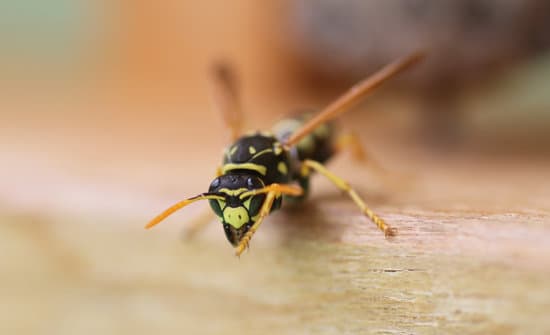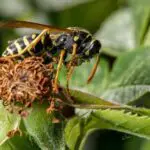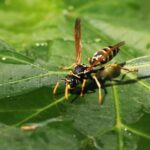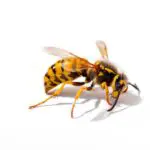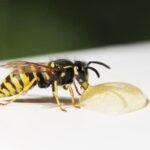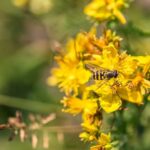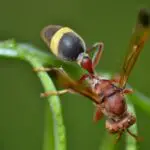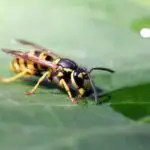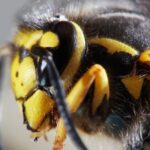What Do Wasps Do With Pollen?
Unlike bees, wasps do not have a special pollen storage part on their body. However, some wasps are good pollinators. Some species are able to carry pollen from one plant to another.
There are hundreds of different types of wasps. They range from solitary wasps that live in bushes to social wasps that live in a group led by a queen. Each species performs a specialized function.
Some wasps are predators. They sting and kill larger insects. They then take their meal back to the nest and feed the larvae. Some wasps also make honey. Other wasp species eat nectar.
Pollen wasps are a very important part of the pollination process. They pollinate a lot more than other types of wasps. They have unique habits and a diet that is very similar to bees. They also have internal storage for pollen.
They feed on nectar and pollen. They also use flowers as a hunting ground for smaller insects. Wasps also release pheromones that attract their mates. They also leave pheromone trails that mark objects and their territories.
Wasps are excellent learners. They learn about each other and use their sense of smell to communicate. These wasps are also very protective of their nest. They defend their nest and swarm against predators when they feel threatened.
Pollen wasps can be very effective in pollinating, but they are vegetarian. They also do not scavenge for pollen. They are much more efficient than bees in some regions.
